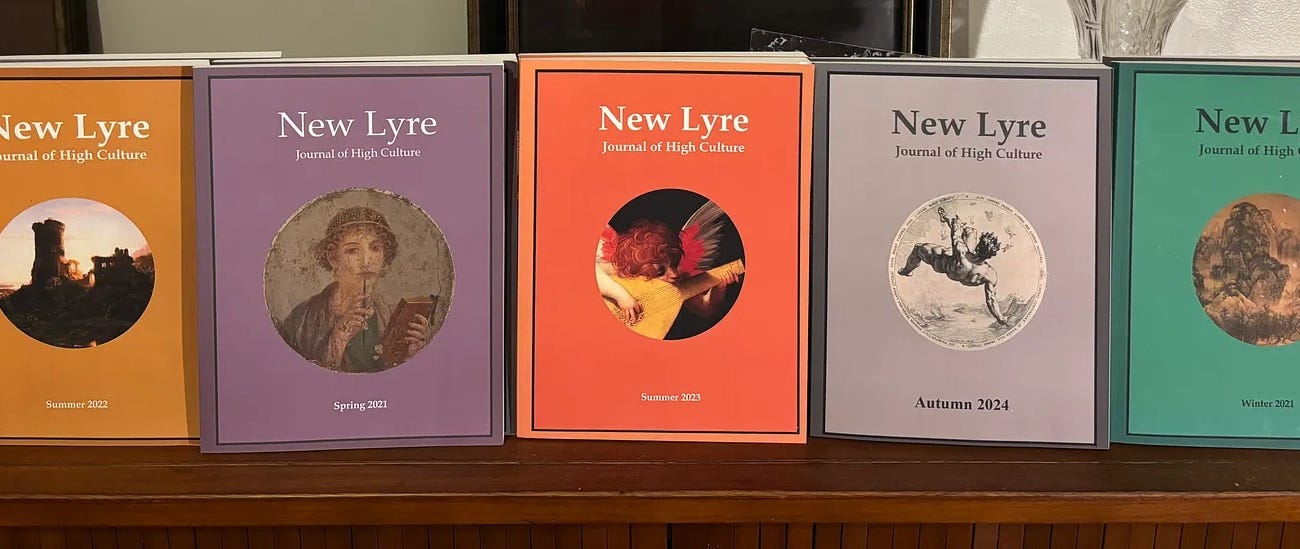Behind the sparkling light in all men’s eyes,
Across the wide arcade of twinkling skies
Reside the hidden dreams of those who died,
Who knew their tears had not been vainly cried.
Their story goes like many who have gone,
Yet, nameless, still resounds their clarion:
Like winds that carry forth the trumpet’s call,
Or the hand reaching out to break our fall;
The smallest flicker must become our guide,
Our only guide through life’s uncertain tide,
Like glimpsing the light of a nameless star
Who leads us to ‘n fro places afar.
Such things as turn men’s sights into a haze
May be those things which change our ways,
Like that shining light of a nameless star
Out in the corner of the skies afar,
Which causes us to wonder at the sky
Where all the secrets of human hearts lie.
Our wits lie solely in these shapeless skies
Whose forms to the eye remain in disguise,
But light when caught in the corner of one’s eye
Across the arcades of the mind’s peaks high,
That twinkling speck in the eyes of mortals
Reminds us all of that immortal;
Like that shining light of a nameless star,
Out in the corner of the skies afar.
Read New Lyre Magazine
Renaissance Patrons can instantly access and download the entire six issue PDF archive at the bottom of this post.
Dialogue with Dana Gioia: Being an Artist in a Confused Age
In this latest episode, we explore the question of being an artist in a confused age with critic, translator, former Poet Laureate of California and former Chairman of the National Endowment for the Arts (NEA), Dana Gioia. From Plato to pop songs, Greek theatre to Italian opera, and archaic magic to modern enchantment, we cover a wide range of subjects.
Daedalus: A Dialogue (Preview)
A preview of the new 10,000 word dialogue, Daedalus, featured in the latest issue of our New Lyre Magazine (Fall 2024).








You should try a bit more enjambement, David, it might help to make your writing a little less cliché-ridden. Clichés are fatal. And the first thing you should do on beginning to craft a poem is to strike out all the clichés, and then, having done that, replace them with your own original observations, no matter how outlandish the result. Then you are actually beginning to write poetry. Rather than merely play-acting the part. Admittedly I'm in a bad mood. But, as Dana Gioia says, it's better to be honest.
Disregarding snytactic troubles, I see one life as more than enough, not to say much too much. I see it more as heinously immoral, than as immortal. But if it is immortal, one can only hope the next act is nothing like the first. Youth for the most part is always starry-eyed, not quite cognizant of the minefield it must navigate. I wish you continuing joy, in case you think you have any.
I listened to part of your Gioia podcast. Unfortunately it went by in a blur, due to the speech speed, which prevented me from following it, from making out what either of you was saying. Most all of it got washed out in a torrent of sounds. For the sake of audience comprehension, it would be better to speak in a more deliberate manner. I might've stuck with the performance if the script had come through clearly.